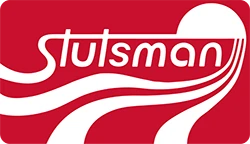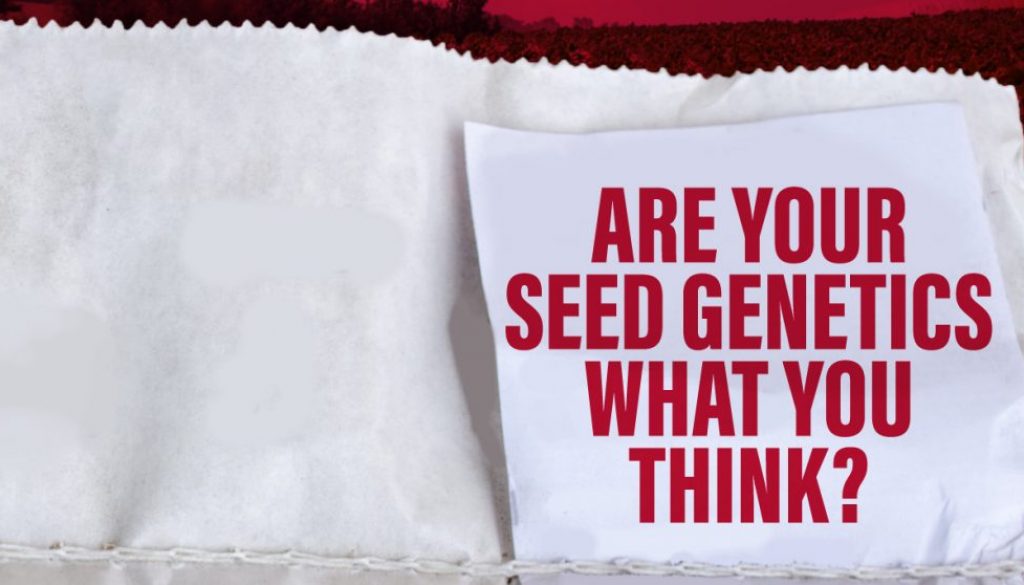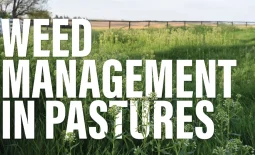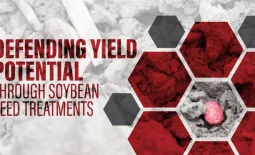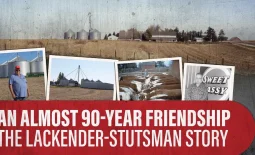Are Your Seed Genetics What You Think
A quick recap from this summer: as we’re sure most of you remember, the Ninth Circuit Court vacated the label for Dicamba, and the EPA announced that the current supply could be used up.
The verdict from the Ninth Court has caused a lot of interest in Enlist beans. Enlist beans will offer new genetics and options for herbicide modes of action. But with new lines of genetics especially in the first few years, there are generally limited options for seed stock. As companies ramp up breeding efforts, diversity increases. MS Tech (the collaboration of Merschman’s, Stine, and Corteva), who collectively own the rights to the Enlist trait, are the ones heavily working on breeding. These companies have a reputation of not segregating varieties to brands. A very clear example of this is with Liberty beans: Stine’s 28LF32, Merschman’s Sioux 1628, and Pioneer’s P30T21L are all the exact same genetics.
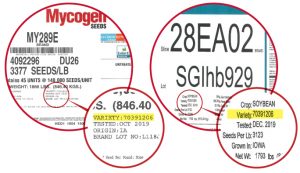 To confound the issue, each company independently rates the beans for disease scores and maturity. You will notice on the 28LF32, that Stine and Merschman have it as a 2.8 RM but Pioneer listed it as a 3.0. They also don’t keep the beans in the three brands exclusively; Stine 38LE02 is available in 13 different seed brand bags. They seem to be keeping this trend going with Enlist. As we started to purchase Enlist beans for the 2020 growing season, we noticed that two of ours were the same last year (Mycogen’s My289E and Stine’s 28EA02). Upon further investigation, it was also available in all the Corteva brands.
To confound the issue, each company independently rates the beans for disease scores and maturity. You will notice on the 28LF32, that Stine and Merschman have it as a 2.8 RM but Pioneer listed it as a 3.0. They also don’t keep the beans in the three brands exclusively; Stine 38LE02 is available in 13 different seed brand bags. They seem to be keeping this trend going with Enlist. As we started to purchase Enlist beans for the 2020 growing season, we noticed that two of ours were the same last year (Mycogen’s My289E and Stine’s 28EA02). Upon further investigation, it was also available in all the Corteva brands.
Now we’re sure you are asking, ‘how can I tell for next year’s beans?’ The answer is in the bag tag! If you ever look at the bag tag closely, they always have the word “brand” after the variety name. That is because the variety name is assigned by the seed company, which allows each brand to have their own nomenclature. But the actual variety name must be unique to the genetic material and cannot be renamed or their patents would be void. Thus, allowing you to have multiple brands name the same variety differently. However, if you look at the smaller print on a bag tag it states the variety. In the case of Stine’s 28EA02, the actual variety is 70391206, the same as Mycogen 289E.
At Stutsmans, we keep a cross-referencing soybean database and work with Farmers Business Network so we know what beans are the same to help you make the best decisions for your farm while helping you maintain genetic diversity. Unfortunately, this is a reactive database. MS Tech will not give out a list of who they sold beans to and who is labeling each bean.
Moral of the story? We encourage you to look at your bag tags to ensure you aren’t planting all of the same variety out of two different bags. Also, make sure that you aren’t buying the same beans at two different prices. According to Farmers Business Network, that bean that came in 13 different seed bags had a $13/bag spread in pricing. Do you really want to be paying $13 more per acre just because of the bag your seed was packaged in?
With the court rulings and the different varieties being offered in many bags, we suspect there will be shortages and confusion. We are always here to help with variety selections and to clear up the murky waters of re-branded soybean seed.
